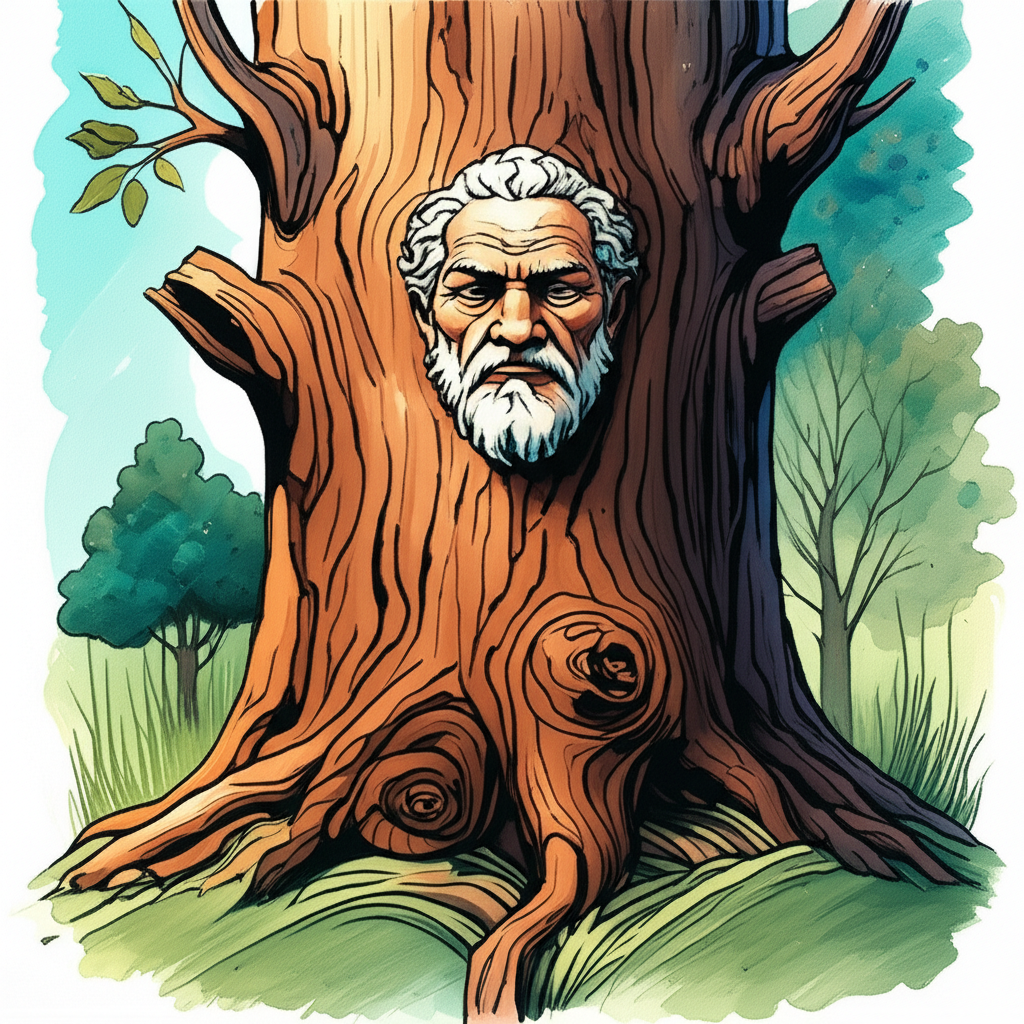
The practice of knocking on wood or saying “Touch wood” to avert bad luck is a widespread superstition with roots that stretch back centuries. This seemingly simple act is believed to prevent misfortune or ensure the continuation of good fortune, but its origins are shrouded in a mix of ancient beliefs, folklore, and potentially, even children’s games.
The most commonly cited explanation for the superstition lies in ancient pagan beliefs surrounding tree spirits. In many cultures, trees, particularly oak trees, were considered sacred dwellings of spirits or deities. Some traditions believed in wood sprites called dryads or tree spirits that inhabited these trees. The Druids, for example, venerated trees and believed these spirits possessed powers of divination and could offer protection against malevolent forces. Touching a tree, therefore, was a way to connect with these spirits and invoke their assistance.
Some sources suggest an even earlier origin in ancient Greece, where individuals would touch oak trees to seek the protection of Zeus, the king of the gods. This connection to powerful deities and the inherent faith in the protective properties of the natural world became deeply ingrained in rural communities, where much of our folklore was passed down through generations. The natural world, perceived as a source of both blessing and danger, necessitated respect and caution.
Knocking on wood or touching it became a ritual performed when discussing aspirations, hopes, or good fortune. This practice served as a symbolic act to prevent the speaker from taking things for granted. It was a way to express optimism without tempting fate, a concept reflected in proverbial warnings against premature celebration, such as “Don’t count your chickens before they’ve hatched.” The ritual allowed people to voice their plans without the fear that simply expressing their desires would lead to their failure.
Despite these prevalent theories, some researchers propose alternative origins. They point out that the earliest documented instances of the superstition only appear in the 19th century. One such alternative suggests that the practice originated in a children’s game of chase known as “tig,” where touching wood provided temporary immunity from being tagged. While the spiritual and folkloric explanations are widely accepted, the lack of earlier documentation leaves room for debate regarding the true origin.
Regardless of its exact historical source, the custom of knocking on wood persists today. In modern times, while the fear of malevolent spirits might have diminished, the act retains its significance. It serves more as a means of preserving self-esteem in the face of potential failure. Knocking on wood is now often a gesture of cautious optimism, a way of acknowledging the uncertainty of the future while expressing hope for a positive outcome.